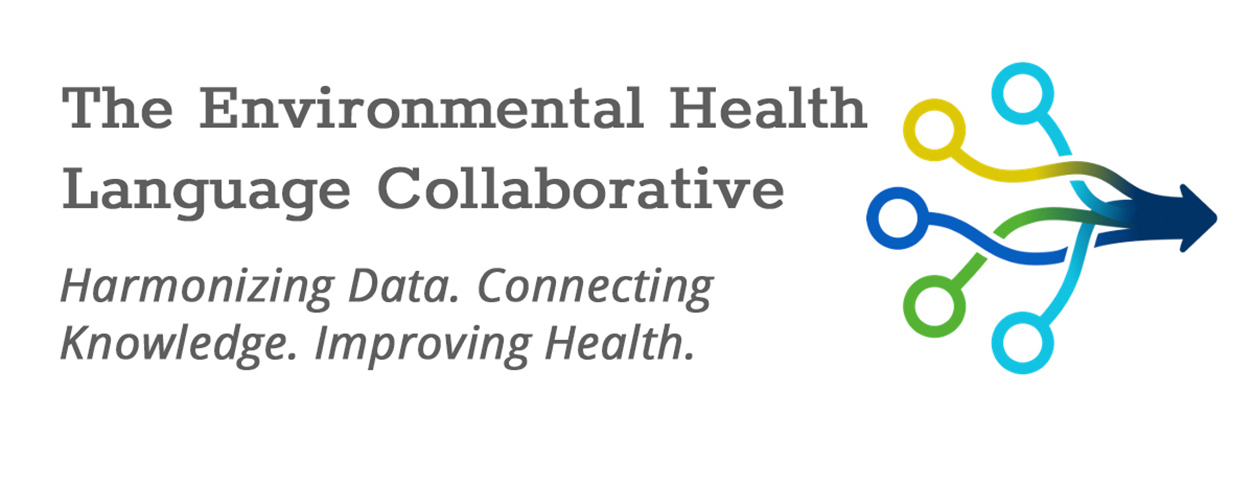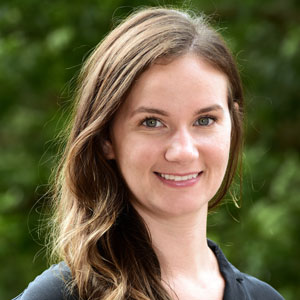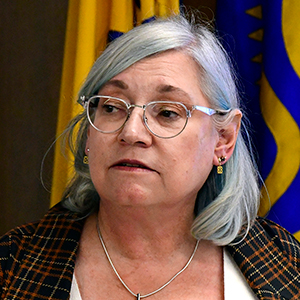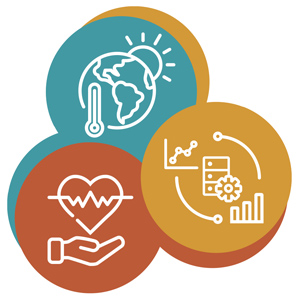Environmental health sciences research spans a variety of disciplines, such as toxicology, exposure science, epidemiology, and epigenetics, but that diversity presents a challenge.
Sometimes, experts in one field use terms not shared by others, or there may be disagreement about which vocabulary is best suited for a specific aspect of research. As a result, it can be difficult to integrate and analyze datasets, which can hinder scientific collaboration and discovery.
 Finding, integrating, and analyzing research information requires community agreement on what terms to use to describe the data and what they mean in a specific context. (Photo courtesy of Gorodenkoff / Shutterstock.com)
Finding, integrating, and analyzing research information requires community agreement on what terms to use to describe the data and what they mean in a specific context. (Photo courtesy of Gorodenkoff / Shutterstock.com)NIEHS is initiating the Environmental Health Language Collaborative (EHLC) to address this problem. The goal is to bring together a multidisciplinary community — from academia, government, industry, and stakeholder groups — to develop a more harmonized approach to classifying and describing various aspects of environmental health sciences research.
Join the effort
To start the process of community building, the institute is hosting a two-day workshop, September 9-10, 9:00 a.m. to 5:00 p.m. EDT, titled “Catalyzing Knowledge-Driven Discovery in Environmental Health Sciences Through a Harmonized Language(https://tools.niehs.nih.gov/conference/ehslanguage/).” Two pre-workshop events will lay the groundwork for that meeting.
- The first session, June 24(https://tools.niehs.nih.gov/conference/ehslanguage//page/pre_workshop#health_research), 1:00-4:00 p.m. EDT, will highlight examples of how language standards have advanced a particular research area.
Participants will learn about related efforts by other scientific communities, as well as accomplishments and lessons learned. The objectives and organizational structure for EHLC also will be presented, and attendees will be able to provide input.
- During the second pre-workshop session(https://tools.niehs.nih.gov/conference/ehslanguage//page/pre_workshop#knowledge_organization), July 20, 1:00-4:00 p.m. EDT, participants will receive a primer on terminologies and systems for organizing knowledge, and how to use them effectively in the context of environmental health sciences research.
More information
All three events will be recorded and made available on the EHLC website. If you would like to learn more about this important effort and engage with the collaborative, please join this email distribution list.
Please contact Stephanie Holmgren, from the NIEHS Office of Data Science, if you have questions.

EHLC advances Theme Two of the NIEHS Strategic Plan 2018-2023 by promoting Data to Knowledge to Action in a way that ultimately improves public health.









